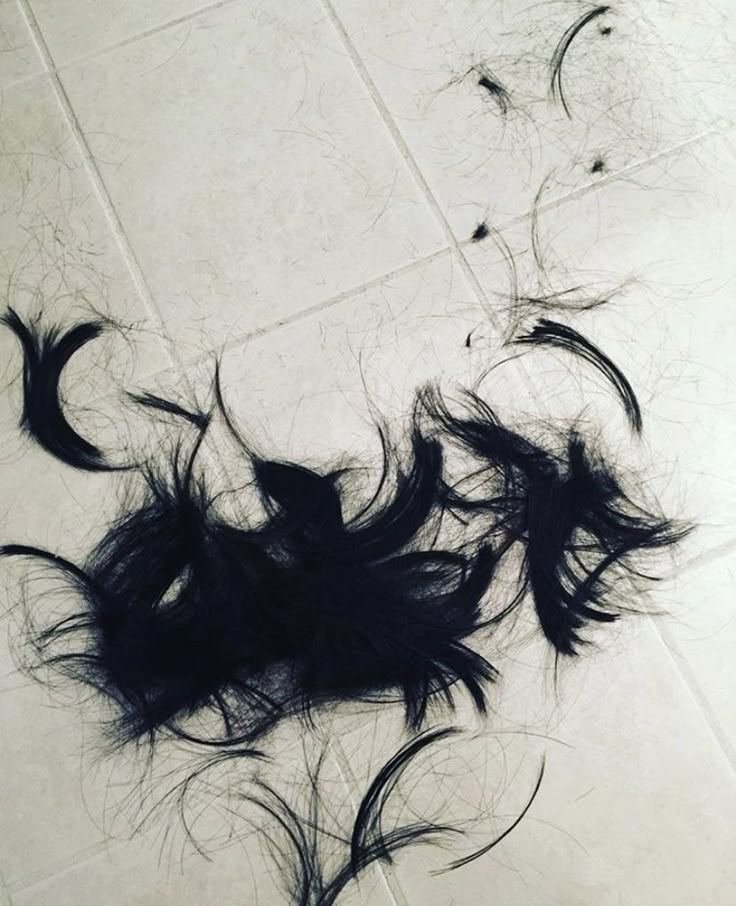Understanding the nature of hair and its growth process is essential in mastering hair care. A key fact about hair is its 'dead' nature. Hair strands are composed of dead cells that have been pushed out of the hair follicle. This means once they leave the scalp, they no longer receive nutrients or blood supply and are incapable of self-repair. This unique characteristic of hair is crucial in guiding our approach to hair care.
External Hair Care: Prevention and Protection
Hair is dead. Since hair cannot repair itself after damage, prevention becomes our primary strategy. This involves avoiding harsh practices such as excessive heat styling, over-washing, and the use of harsh chemical treatments, all of which can strip hair of its natural oils, leading to dryness, brittleness, and breakage.
The scalp and hair follicles, however, are very much alive and play a critical role in hair health. A healthy scalp environment is conducive to the growth of strong, vibrant hair. This health can be supported externally through gentle hair care products and regular scalp massages, which stimulate blood flow and promote nutrient delivery to the follicles.
Treatments applied to hair, like conditioners, oils, or serums, work superficially. They enhance the appearance of hair by coating the hair shaft, but they do not repair it biologically. These treatments help to smooth the hair cuticle, add moisture, and improve manageability, but it's important to remember these are temporary, cosmetic enhancements.
Regular trimming is also crucial, as split ends and damage cannot be fixed; trimming is the only way to remove damaged hair and prevent further splitting.
Internal Hair Care: Nourishing from Within
Yes, even though hair itself is dead, taking care of your body from the inside out is crucial for producing healthy hair. This approach matters for several reasons:
1. Nutrition and Hair Health: The condition of your hair is strongly influenced by the nutrients you consume. Hair is primarily made of keratin, a protein, so a diet rich in proteins is essential for healthy hair growth. Vitamins and minerals like iron, vitamin D, B-vitamins (especially biotin), and omega-3 fatty acids also play a significant role in hair health. They are involved in the production of new hair cells and the maintenance of scalp health. Inadequate nutrition can lead to hair loss, weakened hair, and slow hair growth.
2. Hydration: Hydration is another internal factor that affects hair health. Dehydration can lead to dry and brittle hair. Adequate water intake helps in maintaining the hair moisture balance, which is essential for the strength and elasticity of hair.
3. Hormonal Balance and Stress Management: Hormones and stress levels can significantly impact hair growth and health. Hormonal imbalances can cause hair thinning and loss, while high stress levels are linked to conditions like telogen effluvium, where hair falls out more quickly. Managing stress and maintaining hormonal balance through a healthy lifestyle, including regular exercise and adequate sleep, can positively influence hair health.
Stress Management: Hair follicles are more complex than often perceived, as they contain receptors that can respond to stress hormones. These receptors, specifically designed to detect and react to various stress-related hormones like cortisol, play a significant role in the hair growth cycle. When the body is under stress, these receptors are activated, leading to alterations in hair growth patterns. This stress response can result in hair entering the telogen phase, or resting phase, more quickly than normal, which can lead to hair shedding or thinning. This biological connection between stress and hair health underscores the importance of managing stress effectively to maintain healthy hair growth.
4. Scalp Health: Healthy hair growth is largely dependent on the health of the scalp. A well-nourished, hydrated, and clean scalp provides the ideal environment for hair growth. Factors such as oil production, skin cell turnover, and blood circulation in the scalp are influenced by overall health and can impact hair quality.
5. Genetics and Environmental Factors: While genetics play a key role in determining hair type and growth patterns, environmental factors like exposure to sun, pollution, and chemicals also affect hair health. A healthy body can better withstand environmental stresses and minimize their impact on hair.
6. Overall Health Conditions: Certain health conditions and medications can affect hair growth and quality. For example, thyroid disorders, autoimmune diseases, and certain medications can lead to hair thinning or loss. Therefore, maintaining good overall health and managing medical conditions effectively is important for healthy hair.
While the hair that emerges from the scalp is technically dead, the processes that lead to its growth are very much alive and influenced by overall health and lifestyle. Thus, caring for hair from the inside out is vital for maintaining healthy, strong, and vibrant hair.
Najeau: A Holistic Approach to Hair Health
Hair care is a holistic practice. While the hair we see is dead, the processes that lead to its growth are alive and influenced by our overall health and lifestyle. Understanding this interplay between internal and external factors is key to maintaining healthy, strong, and vibrant hair. By nurturing our hair from both the inside and outside, we can achieve optimal hair health and appearance.



